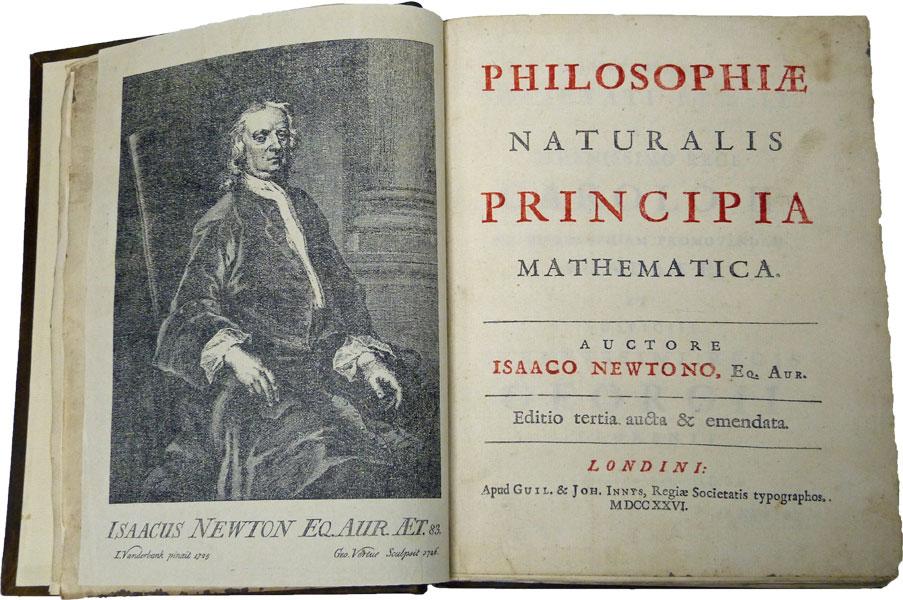

Alfred North Whitehead was an established Cambridge academic, who, in 1898, at the age of 38, had published A Treatise on Universal Algebra “to present a thorough investigation of the various systems of Symbolic Reasoning allied to ordinary Algebra”. Its two authors brought different things to the project. And then Gottlob Frege, working in some isolation in Germany, developed predicate logic (“for all”, “there exists”, etc.), and used a version of set theory to try to describe numbers and mathematics in purely logical terms.Īnd it was into this context that Principia Mathematica was born. George Boole showed how basic logic could be formulated in algebraic terms (“Boolean algebra”). But in the 1800s, there began to be connections. For most of its history, logic had been studied, and taught, quite separately from mathematics. Meanwhile, ever since Aristotle, there had in a sense been another kind of formalism-logic-which was originally intended to represent specific kinds of idealized human arguments, but had gradually become assumed to represent any valid form of reasoning. And by the end of the 1800s, there was a general movement towards thinking of mathematics as abstract formalism, independent of the natural world.

In the mid-1800s, however, that began to change, notably with the introduction of non-Euclidean geometries and algebras other than those of ordinary numbers. But there had always been a tacit assumption that mathematics-with its numbers and geometrical figures-was still at some level talking about things in the natural world. And in A New Kind of Science, one of my objectives, also like Principia Mathematica, was to understand what lies beneath mathematics-though again my conclusion is quite different from Principia Mathematica.Įver since Euclid there had been the notion of mathematical proof as a formal activity. In my own work, Mathematicashares with Principia Mathematica the goal of formalizing mathematics-but by building on the concept of computation, it takes a rather different approach, with a quite different outcome.

This essay is also in Idea Makers: Personal Perspectives on the Lives & Ideas of Some Notable People »įor additional perspectives on related topics see “Logic, Explainability and the Future of Understanding” (2018) »


 0 kommentar(er)
0 kommentar(er)
